🌿 What is Amman Pacharisi Powder?
Amman Pacharisi Powder is prepared from the leaves of the Amman Pacharisi plant (Euphorbia hirta), a potent herb traditionally used in Siddha, Ayurveda, and folk systems of medicine. Known for its effectiveness in treating respiratory problems, skin conditions, and digestive disorders, this herb is widely respected for its blood-purifying, anti-asthmatic, and wound-healing properties. In Tamil households, it is often used in fresh or powdered form to address common ailments, especially in children and the elderly.
🌱 Description of the Amman Pacharisi Plant
- Botanical Name: Euphorbia hirta
- Family: Euphorbiaceae
- Plant Type: Small, erect or spreading herb
- Stem: Hairy, reddish or green, contains milky latex
- Leaves: Opposite, hairy, oblong to oval with toothed edges
- Flowers: Tiny, clustered at leaf axils; pinkish to reddish
- Latex: White, milky sap with medicinal value
- Height: Usually 10–40 cm
🌍 Habitat of Amman Pacharisi
Amman Pacharisi grows abundantly in tropical and subtropical regions across India. It thrives in open fields, roadside patches, gardens, and near water bodies. Preferring moist, loamy to sandy soil, it propagates easily through seeds and grows rapidly in warm, sunny conditions, making it accessible for traditional medicinal use.
🌟 Medicinal Properties of Amman Pacharisi Powder
Amman Pacharisi is regarded as a sarvaroga nivarani (universal healer) in folk medicine due to its wide range of therapeutic actions:
• Antiasthmatic: Relieves wheezing, cough, and breathlessness
• Antimicrobial: Fights bacteria and parasites, especially intestinal worms
• Blood Purifier: Helps in detoxifying the body and promoting clear skin
• Anti-inflammatory: Reduces swelling and local inflammation
• Diuretic: Promotes urine flow, supports kidney function
• Wound-Healing: Accelerates skin repair in cuts and boils
• Galactagogue (in traditional use): Used to increase lactation in nursing mothers (under strict supervision)
🧪 Active Compounds in Amman Pacharisi
The healing benefits are attributed to a combination of potent phytochemicals:
• Flavonoids (quercetin, kaempferol): Antioxidant, anti-inflammatory
• Tannins: Astringent, wound healing
• Alkaloids: Bronchodilator and antibacterial
• Terpenoids: Respiratory and immune-modulating
• Latex Enzymes: External use for cuts and wounds
• Saponins: Useful for cleansing internal systems
🍵 Usage and Dosage
⚠️ Internal use should be done under the guidance of a qualified practitioner, especially for children or long-term use.
For Asthma and Bronchitis (Internal Use)
• Mix ¼ tsp Amman Pacharisi Powder with honey or warm water
• Take once or twice daily for up to 5 days
• Not recommended for long-term unsupervised use
For Skin Problems (External Use)
• Make a paste with water or turmeric and apply on affected skin (eczema, boils, cuts)
• Leave on for 20–30 minutes, then rinse
• Frequency: Once daily for up to 7 days
For Digestive Worms (Internal Use)
• Mix ¼ tsp powder with buttermilk or warm water
• Take on an empty stomach for 3 consecutive mornings
• Avoid repeating frequently unless advised by a practitioner
⚠️ Precautions
• Pregnancy: Avoid internal use during pregnancy unless supervised
• Children: Use only under qualified guidance for internal use
• Latex Sensitivity: May cause irritation—do a patch test before topical use
• Dosage Limit: Avoid overdose or prolonged use due to latex content
• Autoimmune Disorders: Use cautiously if you have immune system-related issues
📦 Storage
• Store in a dry, airtight container (glass or stainless steel preferred)
• Keep away from direct sunlight and moisture
• Do not use wet spoons for scooping
• Shelf life: 9–12 months with proper care
🌿 Organic and Ethical Considerations
• Wild vs. Cultivated: Prefer organically cultivated plants to prevent ecosystem damage
• Sustainable Harvesting: Harvest mature aerial parts without uprooting the plant
• Traditional Processing: Shade-dry and powder using non-metallic grinders for purity
• Community Sourcing: Support local herbalists and traditional farming communities

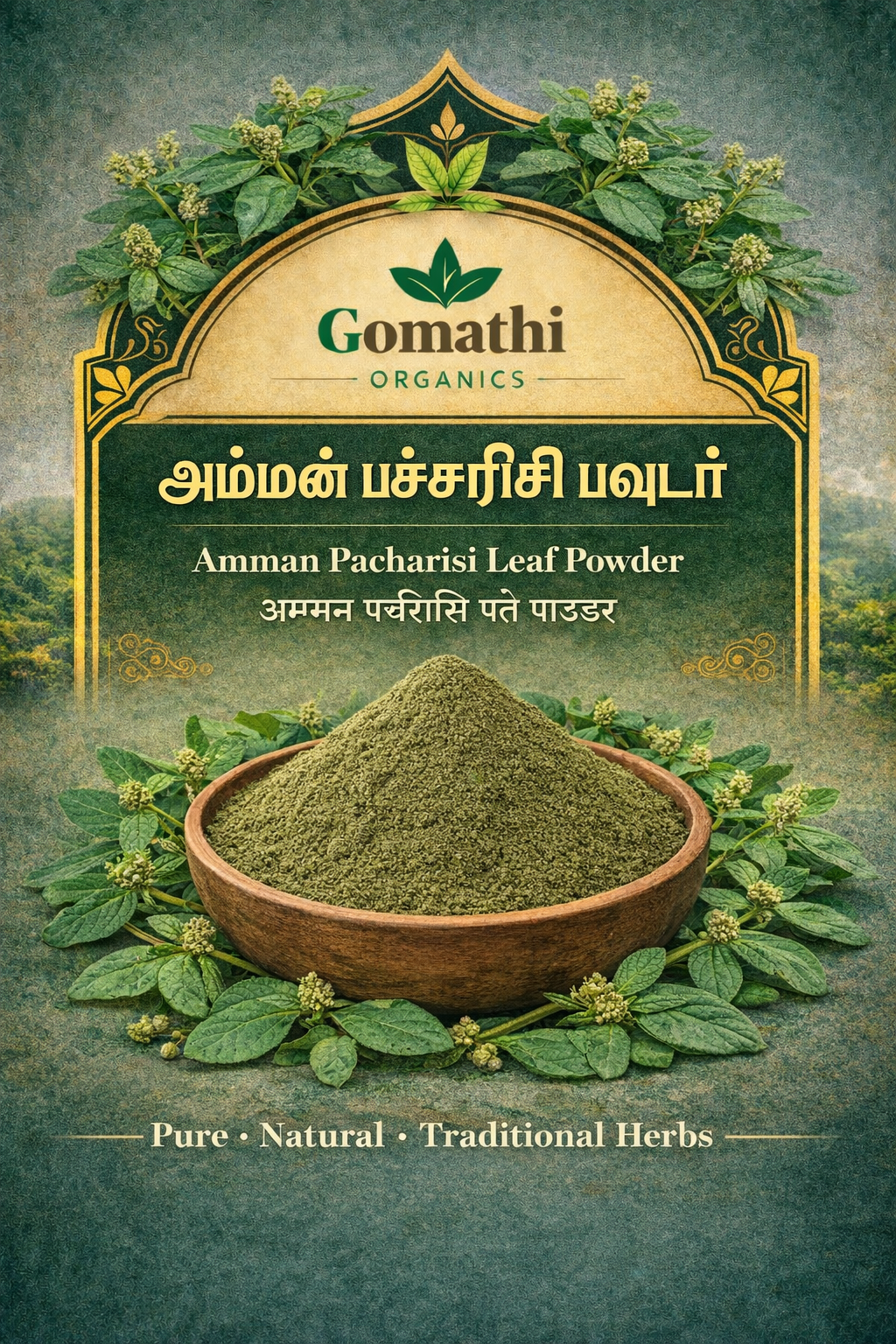
 SCIENTIFICALLY TESTED & COMPLETELY SAFE. SUITABLE FOR VEGETARIANS. NOT TESTED ON ANIMALS/NO ANIMAL INGREDIENTS. NO KNOWN SIDE EFFECTS. COMPLETELY SAFE. NON-TOXIC. FREE FROM HEAVY METALS
SCIENTIFICALLY TESTED & COMPLETELY SAFE. SUITABLE FOR VEGETARIANS. NOT TESTED ON ANIMALS/NO ANIMAL INGREDIENTS. NO KNOWN SIDE EFFECTS. COMPLETELY SAFE. NON-TOXIC. FREE FROM HEAVY METALS 

 The Food and Drug Administration has not evaluated these Statements. This product is classified as an “Herbal Food Supplement” and is not designed to diagnose, treat, cure, or prevent any disease. If you have any underlying health conditions, please consult a healthcare professional before using this product
The Food and Drug Administration has not evaluated these Statements. This product is classified as an “Herbal Food Supplement” and is not designed to diagnose, treat, cure, or prevent any disease. If you have any underlying health conditions, please consult a healthcare professional before using this product 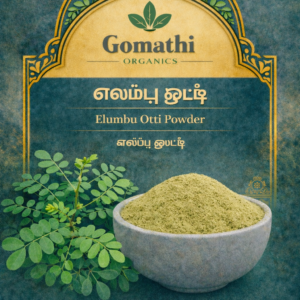
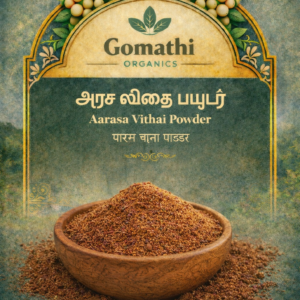
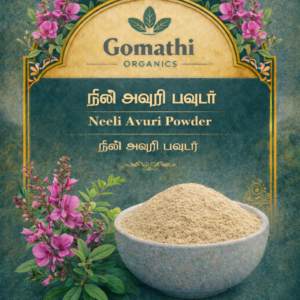
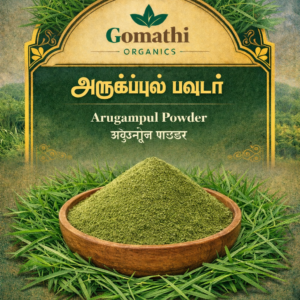
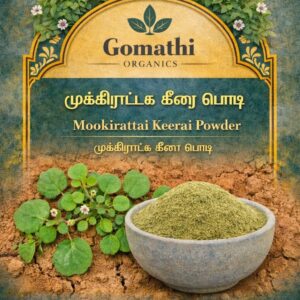
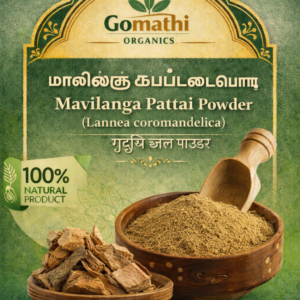
Reviews
There are no reviews yet.